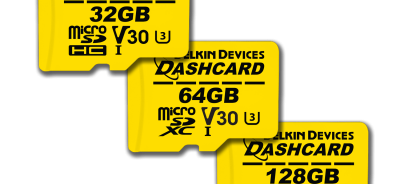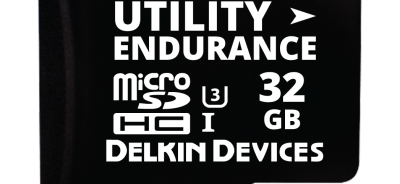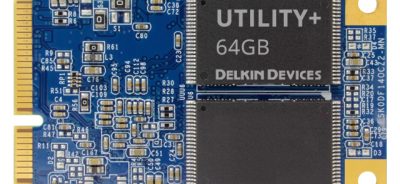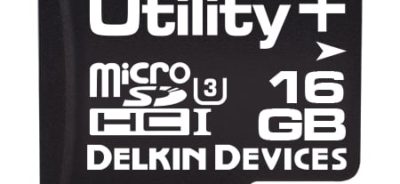Gaming Applications Embedded Systems: A Guide for OEMs
Embedded computer systems are a constant part of everyday life, found in everything from cellphones to digital cameras to medical devices. Even microwaves and air conditioners rely on embedded systems, and they are essential components in transportation, healthcare, and other important industries. One industry that relies heavily on embedded systems is casino gaming. Every casino is packed with systems that run on embedded memory, and because of the high demands put on these systems by a stream of customers using them around the clock, reliability is key. Gaming applications embedded systems have some unique needs, and it’s important for OEMs to recognize these when they are selecting memory for their applications.
What is unique about gaming applications?
When it comes to selecting an embedded system, the capacity for data storage and read and write capabilities are always key concerns. However, unlike many applications, gaming systems tend to be extremely light on write processes. Once the game is stored on the device, the primary functions will be read operations performed when people play the game. This is an advantage for OEMs looking for embedded memory for gaming applications. Write operations eventually cause memory cards to reach the end of their lifespans, but read operations don’t contribute to that loss of function. As a result, gaming application embedded systems can last longer than memory cards used in write-heavy applications.
What should OEMs look for in embedded systems for gaming applications?
Embedded systems that are used in casino gaming applications have to work quickly and reliably, and must be able to deal with high levels of usage. As such, industrial grade embedded systems are recommended. Industrial grade systems are built with SLC flash technology, which means that each cell in the memory card only stores one bit of data. This allows for extremely fast read and write operations, as well as the highest available level of data reliability. Keep in mind that an application failure could be extremely costly and disruptive to a casino, so taking chances on lower grades of embedded storage is too risky a proposition for many OEMs who are tasked with ensuring that their applications can handle continual uptime.
Choosing gaming application embedded systems can be challenging, but Delkin is here to guide the way. Talk to a Delkin team member today about your application, and we will help you select the best form of rugged, embedded storage.
 Login
Login Register
Register












